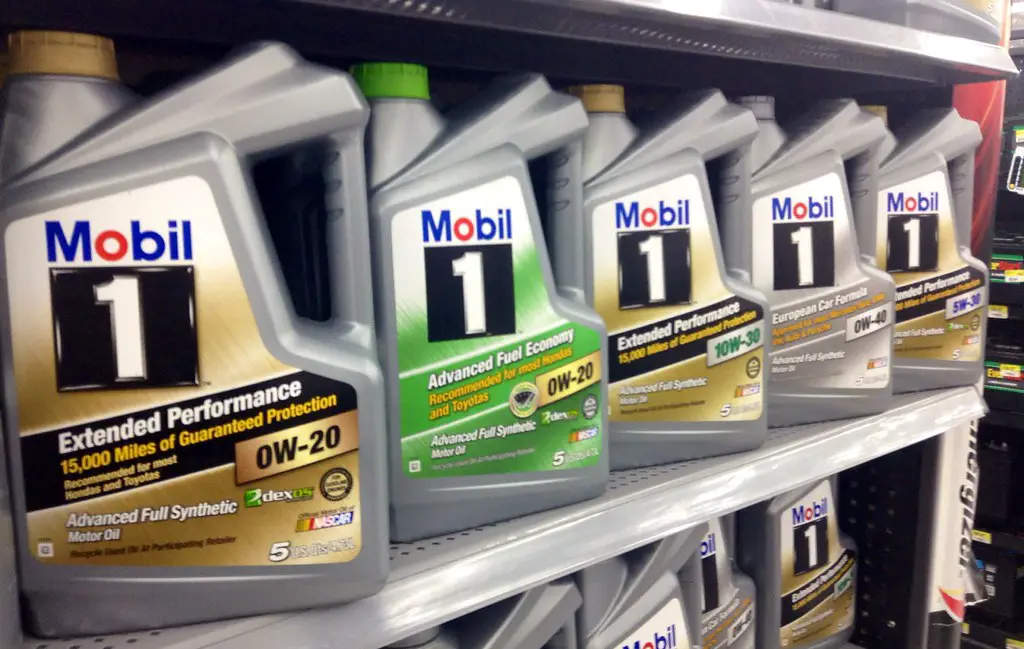Embarking on a journey to understand engine oils? Whether you’re a car novice or an aficionado, our guide to the world of engine oils will illuminate the differences between two popular choices: 5W20 and 10W30. These liquid lifelines keep your vehicle’s heart beating, and knowing their distinctions can empower you to make the best decision for your automobile.
Cracking the Code: Numbers and Letters Unveiled
Before we dive into the specifics, let’s decipher the cryptic codes that define these oils. The enigmatic “W” signifies winter, hinting at the oil’s cold-weather capabilities. The first digit, like 5W or 10W, indicates the oil’s viscosity in chilly temperatures. A lower digit implies fluidity in the cold. The second digit, say 20 or 30, represents viscosity at higher temperatures. A higher number suggests a thicker oil, tailored for heat resistance.
5W20: The Chameleon of Viscosity
Meet 5W20, the versatile engine oil renowned for its prowess in frigid climates. Its viscosity rating of 5 at low temperatures ensures rapid lubrication during frosty starts, bestowing a protective embrace on essential engine components. As the mercury climbs, its viscosity morphs to 20, guaranteeing effective lubrication when the engine reaches higher temperatures. This oil is your go-to for gasoline engines, light-duty diesel engines, and frosty expeditions.
10W30: Your Engine’s Resilient Guardian
Now, enter the heavyweight contender: 10W30. With a viscosity akin to a stout warrior (10W in the cold and 30W in the heat), it crafts an unyielding armor against temperature extremes. A stalwart companion for heavy-duty engines and vintage chariots, 10W30 excels in tumultuous weather conditions and demanding tasks.
Pros and Cons: The Duel of Differences
As these oils vie for your engine’s affection, their unique attributes determine the victor based on your vehicle’s needs and the road ahead.
5W20 vs. 10W30: The Epic Match
1. Viscosity and Lubrication
5W20’s lithe viscosity guarantees a swift lubricating embrace during icy starts. Conversely, 10W30’s robust thickness ensures impeccable lubrication under the scorching sun. Choose 5W20 for nippy domains and 10W30 for relentless heat.
2. Fuel Efficiency
5W20 claims the fuel efficiency crown, owing to its minimal internal resistance, translating to economical mileage. Meanwhile, 10W30’s denser nature might slightly dent fuel economy.
3. Engine Wear and Tear
5W20’s agile flow safeguards engine parts during frosty commences. In contrast, 10W30’s deliberate pace might expose components to slightly more wear during cold startups.
4. Environmental Considerations
With its potential for enhanced fuel efficiency, 5W20 might be your eco-friendly ally, curbing CO2 emissions. Conversely, 10W30’s viscosity might slightly elevate emissions.
5. Manufacturer Mandates
Respecting the guidelines of your vehicle’s creator is paramount. While blending 5W20 and 10W30 won’t inflict harm, adhering to the manufacturer’s wisdom ensures peak performance and warranty protection.
Can 10W30 Substitute 5W20?
So, can you use 10w30 instead of 5w20? Certainly, you can swap 5W20 for 10W30 in specific scenarios. 10W30 offers heightened high-temperature shield, amplified engine lubrication, and resilience against extreme weather and stress. However, it might mildly impact fuel economy, icy startups, and engine sedimentation. Always seek your owner’s manual for counsel.
In Conclusion
The choice between 5W20 and 10W30 hinges on your vehicle’s desires and your expedition’s nature. 5W20 thrives in chilly climes and boasts fuel efficiency, while 10W30 champions heat resilience and thrives under taxing duties. Peruse your owner’s manual, ponder your environment, consider your engine’s type, and heed the manufacturer’s counsel. The ideal engine oil doesn’t solely optimize performance; it also champions a cleaner planet.

